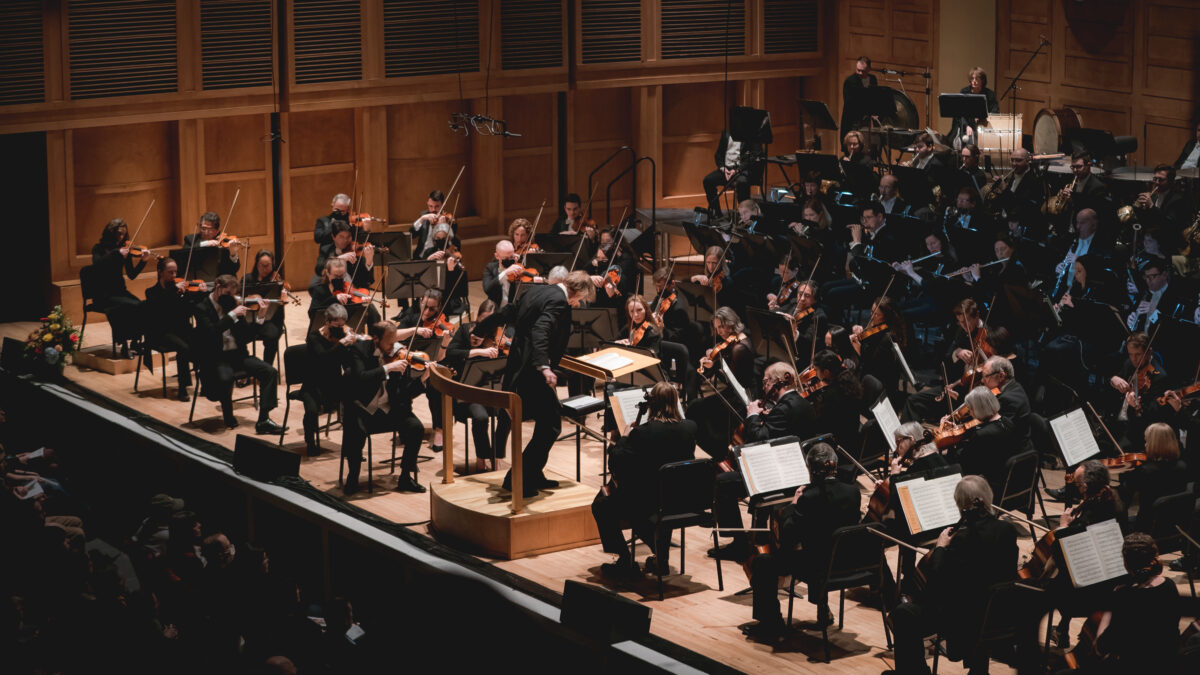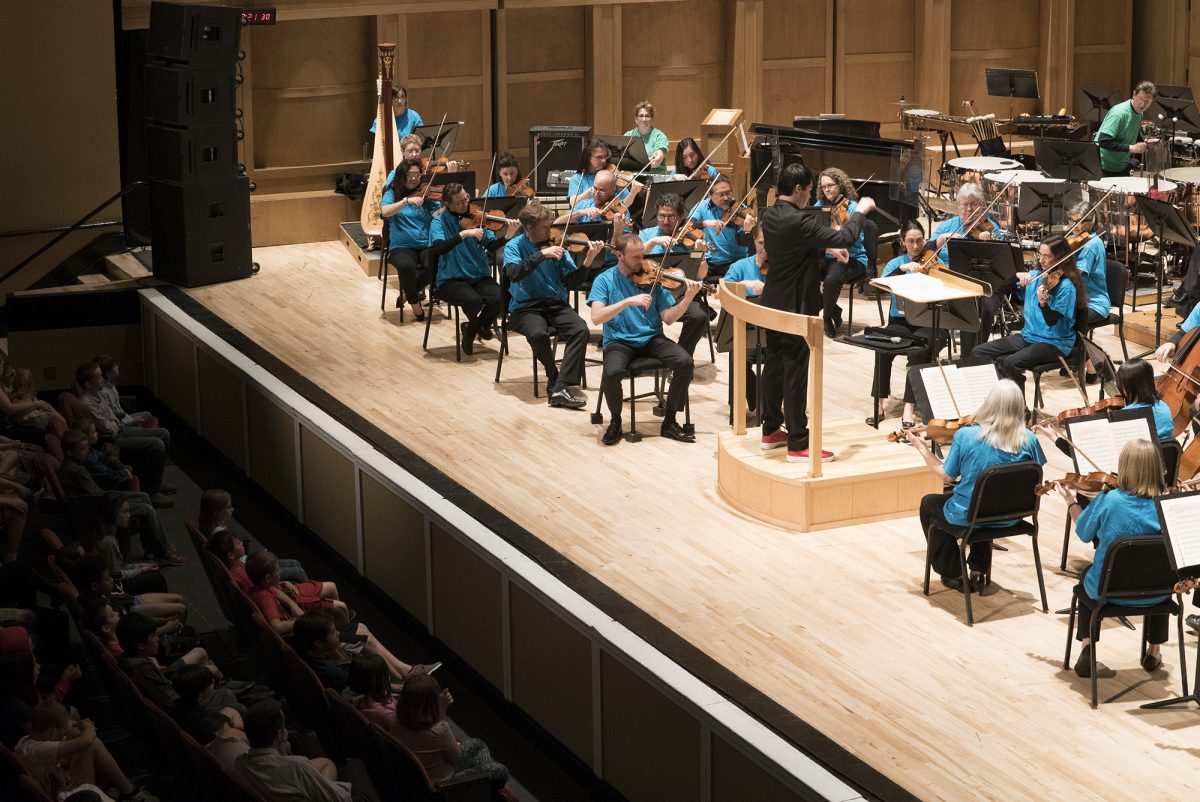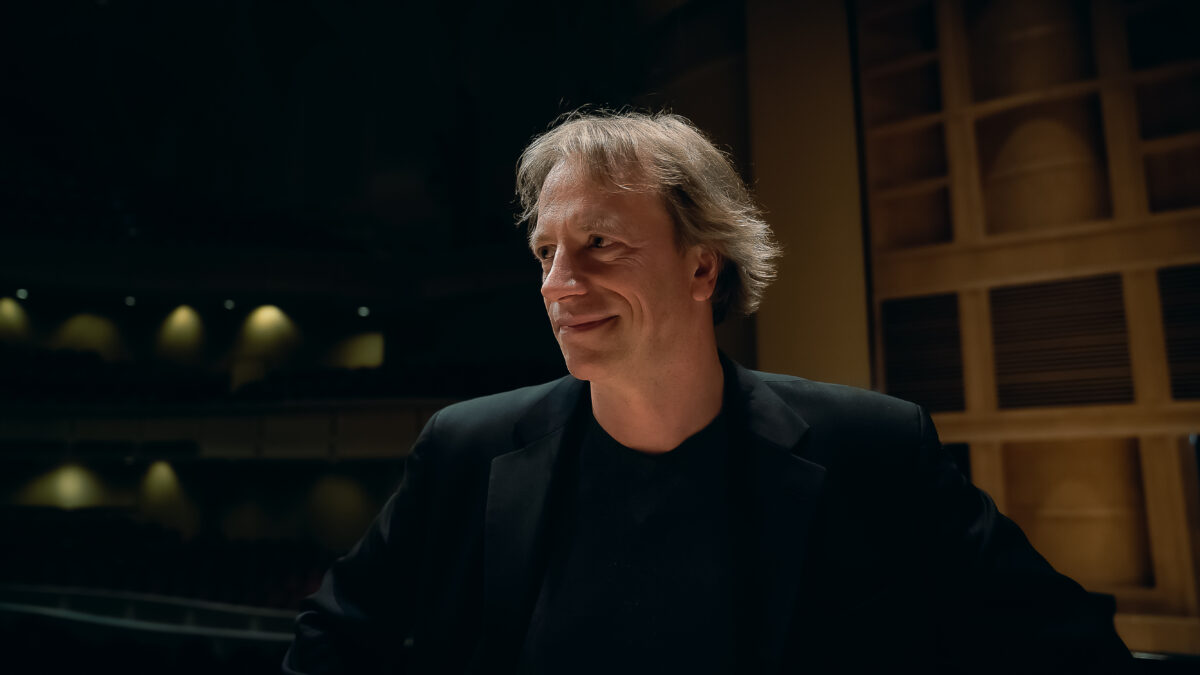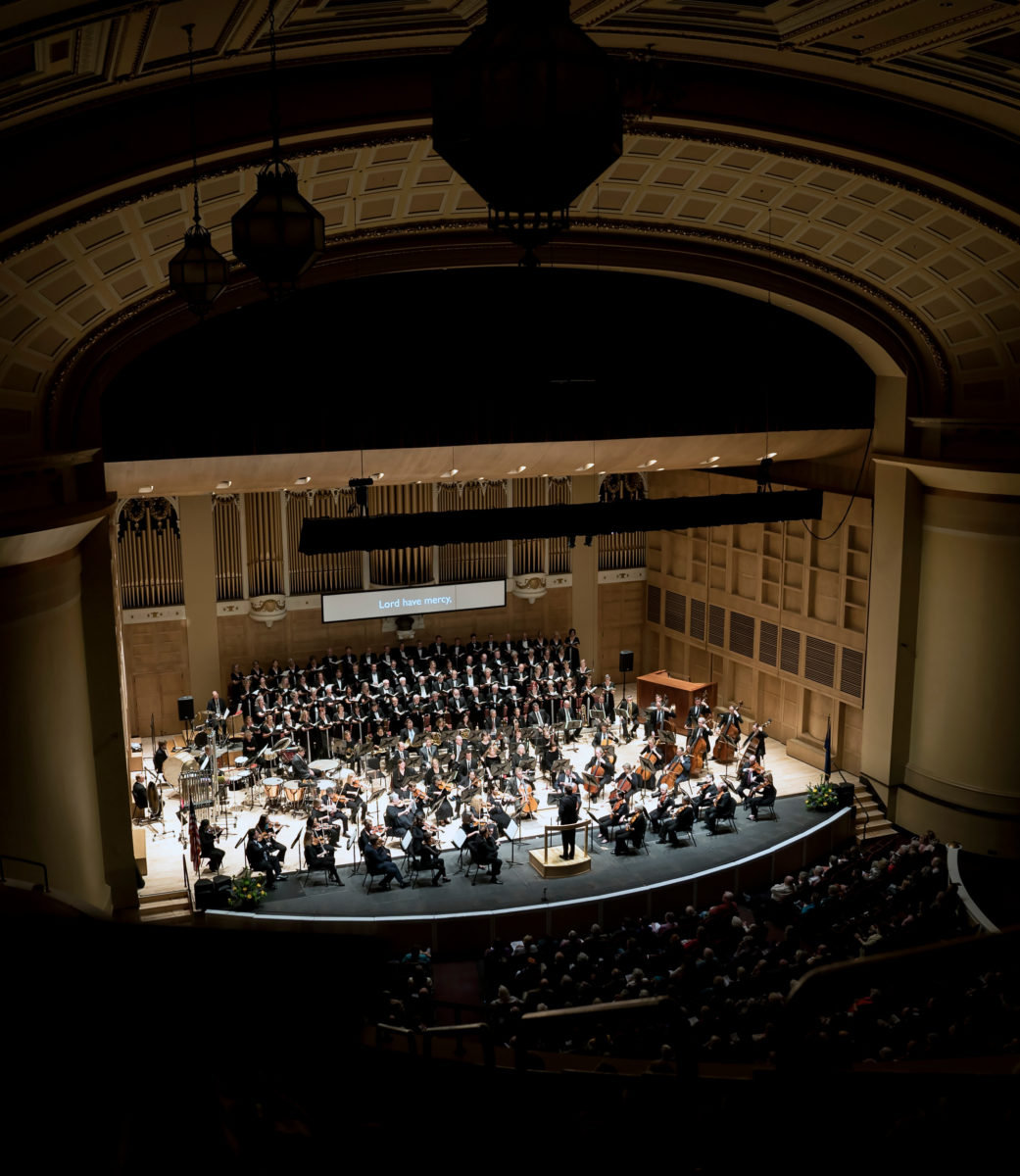Beethoven’s 9th Program at a Glance
Sunday, September 22, 2024
Tuesday, September 24, 2024
Founded in 1924 as Portland’s Amateur Strand Symphony Orchestra, the Portland Symphony Orchestra has come a great distance in a hundred years. With the community’s support, we have become a fully professional orchestra that is one of Maine’s largest arts organizations, with 83 contracted musicians and a staff of 17. We perform about 40 concerts per season at Merrill Auditorium, along with a summer season at Old Orchard Beach. PSO Education programs reach many thousands of students each season and our full classical series is heard statewide on Maine Public.
With so much to celebrate, it is natural to look back to Beethoven’s great Ninth Symphony to open this season, and just as natural to commission and perform a new work that will live into the future. To celebrate our 100th anniversary season, we have invited former music directors Bruce Hangen, Robert Moody and Toshiyuki Shimada to conduct movements of the Beethoven.
Anna Clyne’s Quarter Days is perfect for this moment. Its title refers to the days that start each quarter year, at solstice or equinox, with a movement for each one. Its literary subtext is drawn from T. S. Eliot’s ‘Four Quartets,’ musing on the passage of time in a minute, a day, a year, a lifetime. Fours are everywhere, with a quartet of soloists whose instruments have four strings each, playing the four movements of the work. The piece itself is a concerto grosso, an 18th Century form in which the forces of a small group sometimes join and sometimes contrast with the larger group. Clyne brings the whole history of Western music along for the ride, with harmonies of different eras fading in and out of focus moment to moment.
Beethoven, too, drew on all that had come before him, but filtered it through his own fierce intellect. His Ninth Symphony owes its secure place in the classical hit parade to the concluding movement with its affirmative text by Schiller. In fact, this symphony traces an arc from struggle to transcendence that became a model for later symphonists, many of whom felt overwhelmed by the magnificence of Beethoven’s work. We listeners can simply delight in the universality of this music’s message, but for Brahms, Bruckner and Mahler, among others, Beethoven’s Ninth was a formidable presence both intimidating and inspiring.
– Martin Webster










